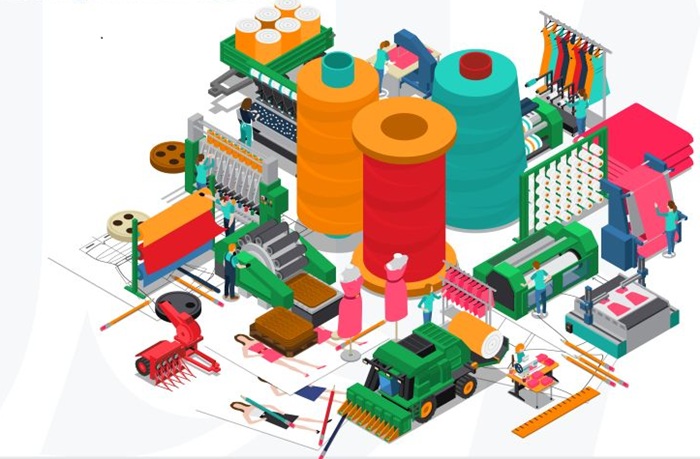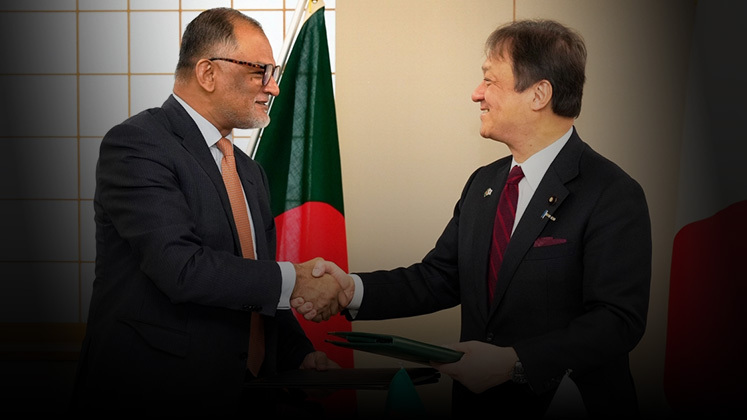India's knitwear hub in Tamil Nadu, Tiruppur is staring at a huge opportunity as American buyers consider ramping up sourcing from India, especially with higher tariffs looming on other Asian hubs.
While President Trump plans to levy a 26 per cent tariff on India starting in July - lower than the 37 per cent on Bangladesh, 46 per cent on Vietnam, and a massive 145 per cent on China—this should make Indian apparel much more competitive against Bangladesh and China.
Yet, India's potential tariff advantage is running into tough realities: a lack of skilled workers, smaller factory sizes limiting efficiency, and higher overall costs.
Raft Garments wants to boost production for new orders but is bringing in advanced machines to automate stitching because finding and keeping migrant workers is incredibly difficult. Indian exporters say workers often leave after just months for smaller shops offering longer hours and better pay, something bigger manufacturers struggle to match due to foreign client demands on costs and working conditions.
This labor crunch in a nation where 90 per cent of workers are in the informal sector is a major roadblock for Prime Minister Modi's ‘Make in India’ push, especially in labor-intensive industries like garments. Tiruppur alone needs an estimated 100,000 more workers.
Cotton Blossom has set up training centers thousands of miles away to source migrant workers, but many still return home quickly.
Despite India's challenges, US companies have been diversifying supply chains away from China, and political issues have recently affected Bangladesh's appeal. As per a US Fashion Industry Association survey, India was the most popular sourcing hub in 2024, with nearly 60 per cent of brands planning to increase orders.
While tariffs could make Indian apparel competitive pricewise, India loses on scale. Bangladesh factories average 1,200 workers, while India's average 600-800. Bangladesh capacities are huge while faces capacity constraint, says Mithileshwar Thakur, India's Apparel Export Promotion Council.
Labor costs are also higher in India ($180/month) than in Bangladesh ($139), partly due to stricter overtime rules. As a result, while Walmart is reportedly doubling imports from India, price remains a sticking point. Buyers are aggressively pushing for Bangladesh-level prices, a tough ask for Indian manufacturers like Raft Garments.












